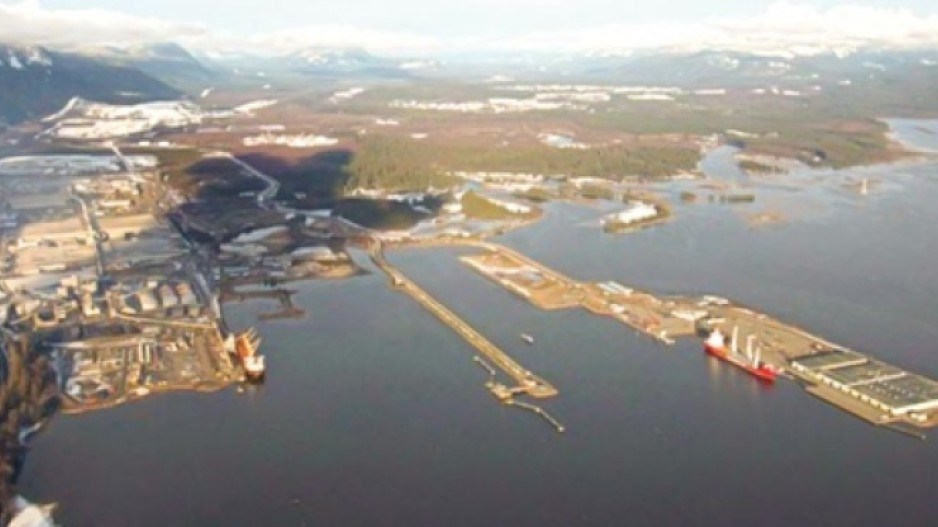Canada’s new trade agreement with the United States and LNG Canada’s $40-billion investment in B.C. will help give the province’s economy a better-than-expected boost over the next two years.
“I’m proud to say that British Columbia’s economy is thriving. We’re starting from a positive place,” said Minister of Finance Carole James in her budget speech.
The province is now forecasting real gross domestic product (GDP) growth of 2.4% in 2019 (up from 1.8%), followed by growth of 2.3% the year after (up from 2%).
Over the next two years, an average of forecasts from Canada’s six leading banks show B.C. leading the country in economic growth.
This follows 2.2% real GDP growth in 2018, a year that brought better employment and exports than expected, according to Budget 2019.
Employment rose 1.1% over 2017, with 26,800 net jobs added to the economy, 92% of which were full-time positions. Unemployment fell to its lowest annual level since the 2008-09 recession, averaging 4.7% in 2018. Wage growth grew by 4.1% – the strongest rate in a decade.
Retail sales rose 2.3%, supported by employment gains, and are expect to climb 3.9% and 4% in 2019 and 2020, respectively. Manufacturing shipments jumped 8.7%.
Exports climbed 7.3%, with noteworthy advances in mineral products (+11%), consumer goods (+11.9%) and pulp and paper exports (+23.7%).
Amid the relatively strong economic picture was the tempering of B.C.’s housing market, a sector the province expects will continue to moderate in the years ahead.
Housing starts fell 6.4% year-over-year, and are expected to fall by another 16.7% this year, and by another 6.4% in 2020. The latest figures adjust the government’s previous forecast by a year: Budget 2018 anticipated a 26.8% drop in starts in 2018, followed by a 6.1% decline in 2019.
Home sales fell by 24.5% over 2017. The Ministry of Finance expects the total value of home sales to climb by 3% in 2019 and 4.4% in 2020, and overall housing starts to trend toward B.C.’s long-run average.
Even with a new North American free trade agreement in place, government sees trade uncertainty as an ongoing risk to the provincial economy. In particular, the budget noted tariffs, Canada’s softwood lumber dispute with the U.S. and the implications of the United Kingdom’s exit from the European Union as downside economic risks.
The province also highlighted as a risk the timing of investment and hiring related to LNG Canada’s project.




